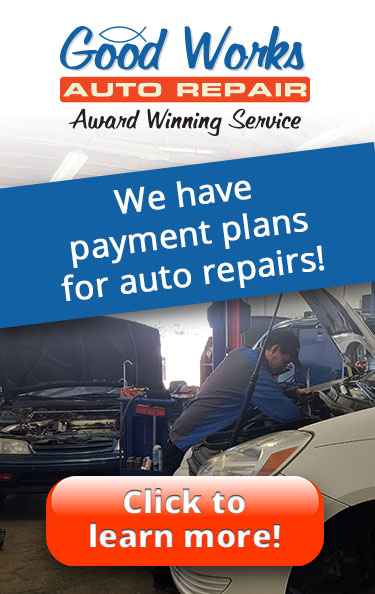The weather will soon be changing and so will the road conditions in some areas of our state, and right here in Tempe and Mesa once the rains start. During winter months drivers have to be aware of road conditions that would cause a variety of problems with any vehicle. Did you know that the center of gravity of your vehicle actually plays a very important role in the stability of your vehicle? While that might be real common sense information, there may be a lot of people who haven’t even considered it.
Automobile and vehicle handling are descriptions of the way vehicles perform especially during cornering and swerving. It also includes their stability when moving straight. It is important to be aware that every vehicle does not drive the same. A person learns to control a car much as he learns to control his body so the more he has driven a car or type of car the better it will handle.
Knowledge of a vehicle’s stability is important for prevention of rollover accidents. Rollovers occur while the vehicle is in motion so the most important parts of the vehicle for the center of gravity are the suspension, tire size and characteristics, overall vehicle weight, and the payload or additional weight added to the vehicle. While all manufacturers can provide the measurements for the known center of gravity, it is only figured for an empty vehicle with known load distribution. Since the fact that the vehicle going down the road will have one or more people in it and the load distribution can vary a lot, the center of gravity location can be much different than the manufacturer determined.
Basically when we are going down the road, the center of gravity is typically in our favor, but add in a situation that would cause us to swerve unexpectedly and that center of gravity might just work against our every effort to maintain control. One would think that having four tires on the highway would provide enough stability to keep a vehicle from a rollover. But when we factor in that most SUV’s, trucks and even cars also carry heavy loads making them more top-heavy, it also stands to reason that their stability is compromised.
Vehicles with a high center of gravity such as vans, trucks, and SUV’s are more likely to be involved in rollover accidents than other vehicles. According to the National Highway Traffic Safety Administration’s Traffic Safety Focus report in 2004 light trucks (pickups, vans, and SUV’s) were involved in nearly 70% of all rollover accidents, SUV’s account for 35% of that 79%. Compared to other vehicle types, utility vehicles had a higher rollover rate in fatal crashes with 35.4%. Now consider how many SUV’s you see on the road every day that is a lot of vehicles that the drivers need to be aware of things that affect the handling of the vehicle.
While the center of gravity certainly affects the stability of the vehicle, we as drivers also affect the stability of the vehicle just by the way we drive and whether or not the vehicle receives its regular maintenance. Simply being an aware driver can help us prevent the need of swerving or over steering. Also taking care of our tires and making sure they are properly inflated and not worn down. Worn tires decrease the grip they have on the road making sliding sideways more likely in some situations. Tires that are worn or compromised are also more likely to blow out. Tire failure can also very easily cause an accident on the roadway. And also be aware of the load limits on your vehicle and the proper load distribution. Using a roof rack will raise the vehicle’s center of gravity and thus increase the vehicle’s likelihood of rolling over.
Our vehicle is simply the means to arriving at a destination, but we the driver are the ones in control of that vehicle and ultimately we are responsible for everything that happens while we are behind that wheel. Knowing the vehicle, what it can handle, how it steers, tire maintenance, and even how much weight we can carry in it are all a part of being a responsible vehicle owner/operator. The owner’s manual can provide some of the necessary information about the vehicle, and the regular maintenance part of it can be handled by your favorite auto repair center. Your auto technician knows exactly what to check on your vehicle for wear and tear and how to fix and maintain the most important parts of the vehicle, like the suspension and tires. When it comes to stability, trusting your auto repair center to keep your car on the straight and narrow might just be the wisest investment you make.
Schedule My Appointment Now!
